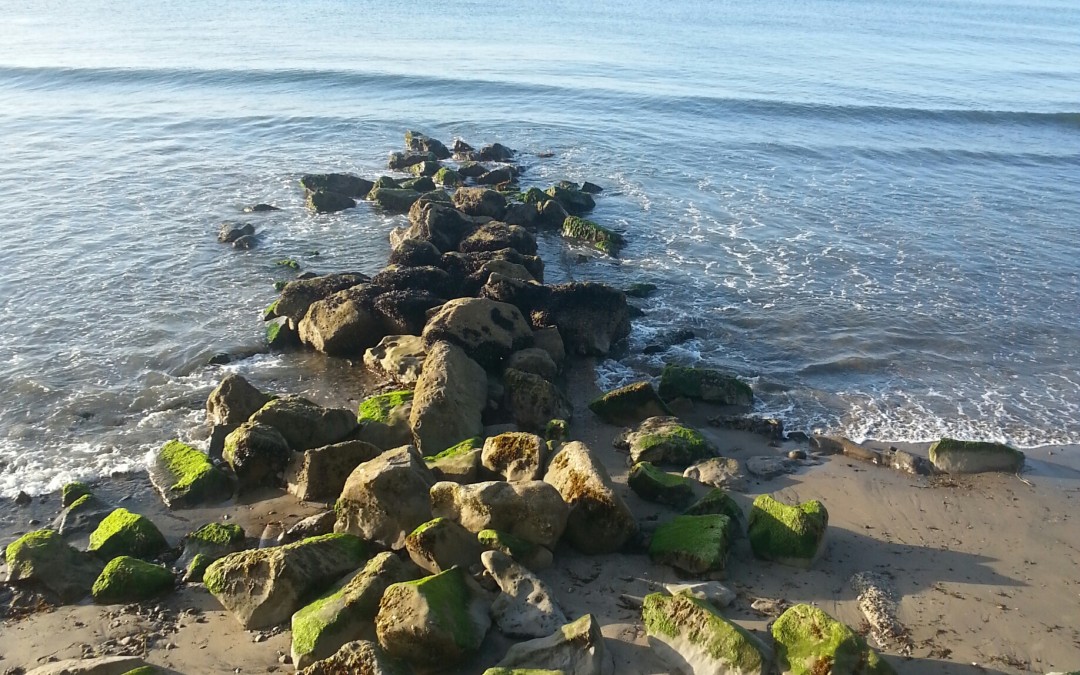THE ALTAR
by Phyllis Carol Agins
Bella knows what she is running from. One failed marriage, two dramatic love affairs. A third abortion that was almost too late when she might be tempted, at thirty-nine, to keep this, maybe her only-chance baby. When she’s as empty as her womb, she decides to teach English anywhere the world wants to learn it.
She fills out applications and sends full-size photos. At last she packs her bag for South America — far enough from her old mistakes. A place where Christianity is the winner, but where other religions slyly sneak in: a few Muslims, once thousands of Jews, some persistent African myths, and even a missionary or two. She cares nothing for anyone’s beliefs, having jettisoned all faith as she flew over the Gulf of Mexico. She’s given up on rumors that love might find her.
But when Florian appears, she falls again as if there’s a too-worn conduit to that hidden place between her legs, no matter what her brain should be warning. He plays the tourist and the lover, speaking only in French although home is across bodies of water and thousands of miles away. Three months of intimate whispers have sent vibrations along the smallest hairs across her body. I hear that American women don’t like making love because American men don’t know how, he has confided as she lay naked before him. In French that statement sounds more like a secret than an insult.
“How I worship women,” he insists another time. “And you are the most extraordinary of all.”
She knows his lies, even as she joins him in that bed each night. Even as she soothes her fear with a live-for-the-moment bravado that suffers a small panic each morning.
Then one day his ticket home lies on the table before them. He sips this final coffee with sadness. He even weeps a little as if he has cared.
“Bella, forgive me,” he sighs. “It is so easy to be happy on vacation. But I must go home.”
There is no invitation to join him on the other side of the Atlantic.
“You’ll be just fine,” he promises. “You merit so much happiness.”
As if there is a scale somewhere measuring out misery and joy, she thinks.
* * *
It is early February and summer on this other side of the equator. Bella stretches the clean sheets across her bed, tucking in the corners as if locking a door. The ocean has warmed, and she needs to surround herself in water, wants to wash away any traces of this latest passion. Plans to baptize herself a free woman who has finally stopped making the same mistake.
The Atlantic is before her, welcoming, an endless diamond of light and blues. All around, people gather late on that hot afternoon to celebrate a goddess that was transported from Africa to that newer world long ago, and surely against the will of her believers. No masses, no soaring cathedrals or priests welcome her. Her church is the sea, and the plastic incarnations, all blond and dressed in blue polyester flounces, never resemble those first African lovers.
Drums beat slowly across the beach while people dance: the women in goddess blue, their hair turbaned. The men in white, respectful caps on their heads. They murmur prayers and finally place the statues in small wooden boats, surrounded by offerings — flowers, slices of watermelon, and sweets — their dreams tucked in between.
A woman suddenly takes Bella’s arm. “I read your heart,” the woman says, waving her hand over the plastic statue she carries. “You must tell her what you need.”
Without thinking, Bella follows the woman deeper into the waves. The ocean fills her pockets and teases her nostrils. She fights to stay upright. How easy it would be to fall and simply float away. And who would mourn?
Then the believers grow more passionate, tossing gold rings, silver spoons, flowers, and even wedding dresses at the floating effigies. Some laugh, but others weep as if their tears will gain power when mixed with salt water.
Tomorrow, Bella knows that unbelievers will arrive to commit bold sacrilege — diving and bobbing all day like waterfowl that strain the bottom’s sand for secret fish. They’ll collect the sacrificed gold and silver in potato sacks to cart away and sell. Maybe even to tourists who arrive regularly on cruise ships, searching for the exotic on this trip of a lifetime. Who drink piña coladas and celebrate their escape from winter or, like her, the release from their own lives.
In the flickering candles and covering night, Bella is like all the others. Finally she whispers into the waves, “Please.”
She cups her grandmother’s necklace in her hand, unhooks her gold earrings. With a long movement of her arms, Bella offers tribute to the goddess. Her gifts float on the waves.
“Bring me…allow me…” she tries again.
But doesn’t anyone see the arms reaching out, the white flesh pierced by coral and starfish? The greedy hands that scoop the gold and silver against the naked chest? Bella stands quietly with her vision until the sun cuts into the nighttime sky. Until her offerings — accepted at last — sink into the ocean, cupped within the goddess’s hands.
About the author:
Phyllis Carol Agins has long found inspiration in Philadelphia, PA. Two novels, a children’s book, and an architectural study of synagogues and churches were all published during her years there.  Recently more than thirty short stories have appeared in literary magazines, including Argestes, Art Times, Lilith Magazine, Schuylkill Valley Journal, and Women Arts Quarterly Journal. Lately, she divides her time between Philly and Nice, France, adding the Mediterranean rhythms to her sources of inspiration. She has recently finished FINDING MAURICE, a novel about Algeria and France during the 1960s. For a continuing conversation about writing, join her on Facebook.
Recently more than thirty short stories have appeared in literary magazines, including Argestes, Art Times, Lilith Magazine, Schuylkill Valley Journal, and Women Arts Quarterly Journal. Lately, she divides her time between Philly and Nice, France, adding the Mediterranean rhythms to her sources of inspiration. She has recently finished FINDING MAURICE, a novel about Algeria and France during the 1960s. For a continuing conversation about writing, join her on Facebook.

Recent Comments